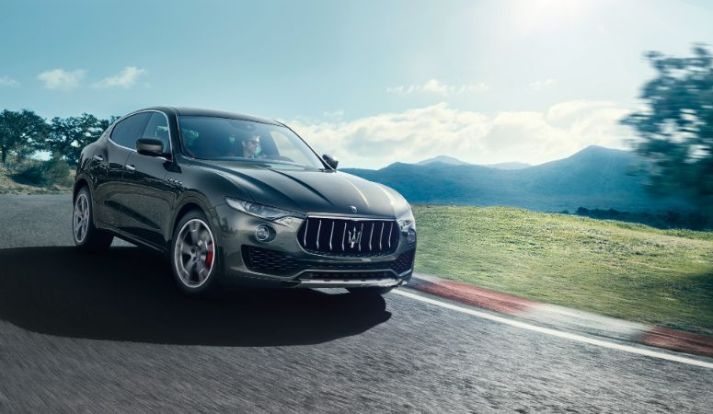
Alibaba’s annual 11.11 Global Shopping Festival, the 24-hour online mega-sale that concluded a few days ago, is known for its discounts on clothing, sneakers, mobile phones and other familiar consumer goods.
But big-ticket items—such as automobiles—have also become hot commodities during the sale, which this year generated total transactions worth $17.8 billion.
According to Alibaba, some 100,000cars from foreign and domestic manufacturers were sold on its Taobao and Tmall shopping websites on Nov. 11, the day of the sale. That’s equivalent to what 1,000 typical Chinese brick-and-mortar dealerships sell in a month, the e-commerce giant said.
While buying cars over the internet is not standard consumer behavior in the West, in China online sites like Tmall have become increasingly effective for marketing cars, providing a direct sales channel to large numbers of customers whiledrawing them to physical dealerships for test drives. The first flagship virtual store from an automaker opened on Tmall in 2010. During the 11.11 Global Shopping Festival two years ago, more than 50,000 cars were ordered on Tmall, according to Alibaba.
The top-selling carmaker during this year’s 11.11 sale was China’s Chery Automobile, which sold 13,000 sedans and compact cars in 24 hours. China’s largest carmaker, SAIC Motor Co., sold out an allotment of 1,500 Roewe RX5 SUVs, internet-connected models equipped with Alibaba’s YunOS operating system software.
Foreign marques were also represented. Chevrolet sold more than 4,000 Cruze Classic autos during the sale, while luxury automakers Range Rover, Jaguar and Maserati participated. The latter sold vouchers worth RMB 50,000 ($7,290) via Tmall that could be used as deposits on Maserati Levante SUVs at 46 dealers around China.
Despite the Levante’s RMB 999,800 ($146,000) sticker price, Maserati in just 18 seconds sold all 100 of the SUVs it made available online in March when the vehicle debuted on Tmall.




